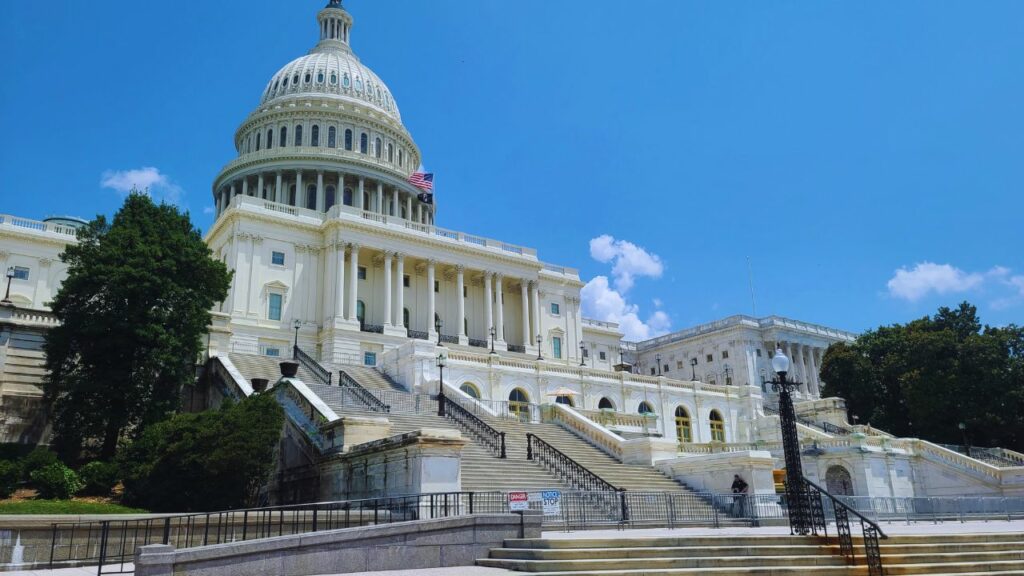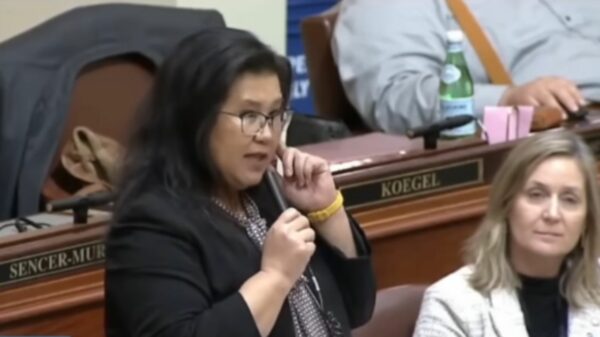Finance expert John Williams highlights a concerning trend in American hiring practices, where tax credits incentivize companies to prioritize migrant workers over American citizens. This phenomenon, coupled with corporate investments in workforce housing, poses significant implications for the job market and real estate sector.
Tax Credits Favoring Migrant Hiring

Williams explains how companies are leveraging tax credits, such as the Work Opportunity Tax Credit, to substantially reduce labor costs associated with hiring migrants. With incentives amounting to nearly $10,000 per migrant hire, corporations find it financially advantageous to prioritize immigrant workers, leading to layoffs and job displacement for American employees.
Corporate Utilization of Tax Credits

Drawing attention to companies like Tyson Foods, Williams unveils the extent to which corporations are capitalizing on tax credits to hire thousands of asylum seekers and migrants. The cost differentials between hiring Americans and migrants, coupled with lucrative tax benefits, compel businesses to opt for cheaper labor alternatives, reshaping the dynamics of the job market.
Impact on Housing and Real Estate

Furthermore, Williams discusses the symbiotic relationship between corporate hiring practices and real estate investment in workforce housing. With corporations like Amazon and Blackstone committing billions to affordable housing initiatives, the convergence of tax incentives and corporate investment underscores a significant shift in the real estate landscape.
Government Policies and Economic Ramifications

Williams highlights how government policies, including bipartisan initiatives like the Workforce Housing Tax Credit, facilitate corporate investment in affordable housing. While ostensibly aimed at alleviating housing shortages, these policies raise questions about their long-term economic implications and the prioritization of corporate interests over societal welfare.
Future Implications and Concerns

The convergence of tax credits, corporate hiring practices, and real estate investment portends a seismic shift in the American economy. Concerns regarding job security, wage disparities, and the erosion of the middle class loom large, prompting reflection on the societal and economic consequences of these trends.
Call For A Boycott

People in the comments are enraged: “As Americans this is when we come together and pitch the biggest boycott in history.”
Another person added: “Who the hell passed this legislation? Hold them accountable!”
Bipartisan Woes

One commenter said: “These US companies make me feel like a fool for serving this nation 35 years.”
Finally, one person concluded: “Whenever the word “bipartisan” is attached to some legislation you know the American Citizen is about to get thoroughly reamed.”
A New Era In Employment

As Williams concludes, the intersection of tax incentives, corporate strategies, and government policies heralds a new era in American employment and real estate. By shedding light on these developments, he urges viewers to consider the broader implications and advocate for policies that prioritize the well-being of American workers and communities.
The Ethics Of Cost Saving

What are your thoughts? How do you perceive the balance between incentivizing corporate growth and safeguarding the interests of American workers in light of tax credit policies favoring migrant hiring? What ethical considerations arise when corporations prioritize cost savings through migrant labor over investing in domestic workforce development?
Impact On Wage Disparities

In what ways might the influx of tax credits for hiring migrants impact the socioeconomic fabric of local communities, particularly in terms of job availability and wage disparities? How should policymakers navigate the delicate balance between fostering corporate investment in affordable housing and ensuring equitable access to housing for all citizens?























